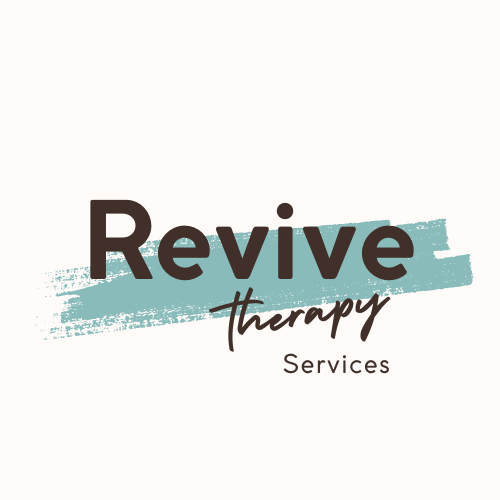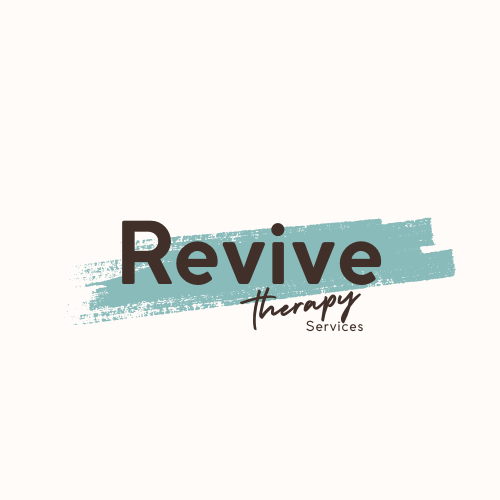Why It’s So Hard to Trust Yourself After Trauma — Even When You Want To
Have you ever had that moment where you want to trust yourself — to make a decision, set a boundary, or follow your gut — but something inside you just… freezes?
You might second-guess yourself. You might overthink or ask for way too many opinions. Or you might feel like you should be able to trust yourself by now — but you can’t.
If that sounds familiar, you're not broken.
You’re likely just working with a nervous system that has learned it’s not safe to trust yourself — and that’s something we can work with.
Trauma Teaches Us to Disconnect from Ourselves
When you’ve lived through trauma — especially relational trauma like abuse, neglect, or growing up in a chaotic or unpredictable environment — your nervous system adapts to keep you safe.
Sometimes that means disconnecting from your gut feelings.
Sometimes it means fawning, people-pleasing, or going along with what others want just to avoid conflict.
Sometimes it means telling yourself, “I’m probably overreacting,” or “I can’t trust what I feel.”
Here’s the thing: That response made sense at the time.
If listening to yourself got you hurt, rejected, or punished — then overriding your inner voice was a form of survival.
But now, as an adult, that same protective wiring can leave you stuck in self-doubt and fear, even when your environment is safer.
Your Nervous System Isn’t the Enemy — It’s Doing Its Job
It might sound strange, but your body is trying to protect you — even when it feels like it's working against you.
A traumatized nervous system doesn’t easily distinguish between then and now.
So when you try to step into self-trust — by saying no, by making a decision, by honoring your needs — your body might interpret that as a threat. Not because it is now, but because it was back then.
That old survival response gets triggered. You may feel frozen, anxious, foggy, or physically uncomfortable. And it’s easy to interpret that as “I must be doing something wrong.”
But in reality, your nervous system is just doing what it was wired to do: protect you from perceived danger.
And for a long time, your own voice felt like danger.
You Don’t Heal Self-Trust by Forcing It — You Rebuild It Gently
One of the biggest myths around self-trust is that it’s a mindset shift — that you just have to “believe in yourself” more.
But self-trust isn’t just cognitive. It’s somatic.
It lives in your body, not just your thoughts.
If your body learned that trusting yourself led to pain, it will resist that trust — even when your mind says you should feel confident.
That’s why healing self-trust means working with your nervous system gently, not against it.
So… What Can You Actually Do?
Here are some tangible steps you can start exploring today:
1. Slow down and notice.
Before rushing into action or asking others for advice, pause. Take a deep breath. Ask:
What am I feeling right now?
What do I need?
You might not get a clear answer — that’s okay. Just noticing begins to rebuild connection with your inner voice.
2. Start with low-stakes decisions.
Instead of jumping to “Should I leave this job or relationship?”, start with something small:
What do I want for lunch?
Do I actually want to go to this event or am I saying yes out of guilt?
Honoring those little choices builds the muscle of self-trust.
3. Validate your fear without letting it lead.
Try saying: “I get why this feels scary — my body is protecting me. And I’m allowed to try something different now.”
4. Practice somatic safety.
Grounding exercises, orienting to your environment, or simply placing a hand on your heart can help your nervous system feel more safe in the present moment — which makes self-trust more accessible.
5. Work with a trauma-informed therapist in Philadelphia.
You don’t have to unlearn survival strategies alone. Approaches like EMDR or Somatic Experiencing help your nervous system process old trauma and create space for new ways of relating to yourself. Our trained therapists—Kianna, Salima, and Mary—are here to support and guide you on your journey toward healing.
You Can Learn to Trust Yourself Again
It won’t happen overnight. But with the right support and nervous system tools, it’s absolutely possible to rebuild self-trust from the inside out — gently, slowly, and in a way that actually feels safe.
If this resonates with you, and you’re ready to start healing your relationship with yourself, we’re here to help.
At Revive Therapy Services, we offer trauma-informed therapy designed to help you reconnect with your body, reclaim your voice, and rebuild self-trust. Based in the heart of Philadelphia, we provide both in-person and online sessions to support your healing journey.
Start with a free consultation today — and take the first step toward healing in a way that honors your story, your body, and your pace.




